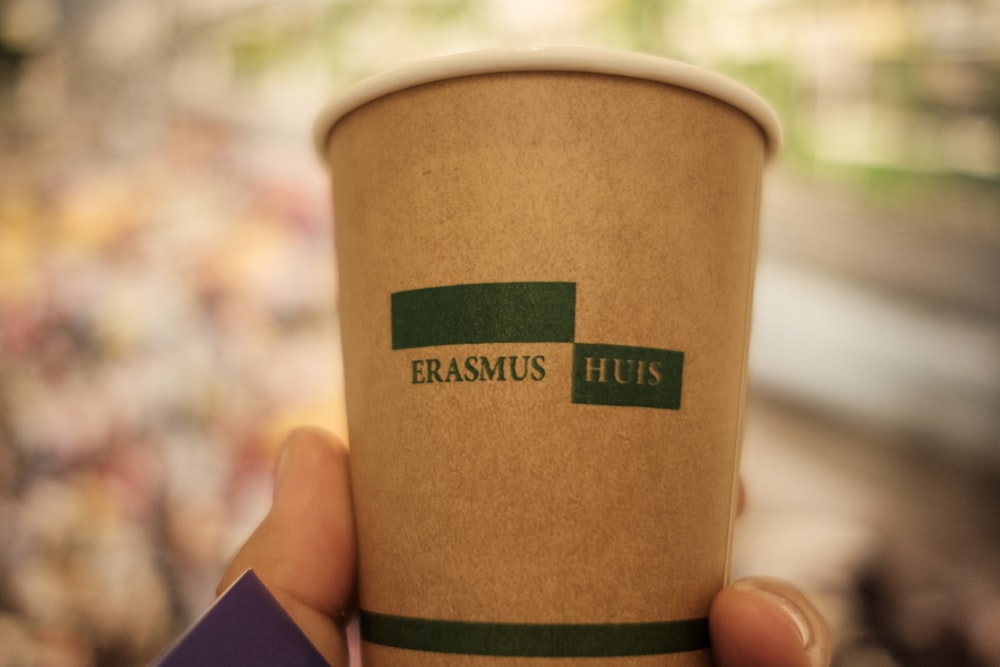
ERASMUS + is an educational program that helps universities to establish an exchange of students, undergraduates, postgraduates, and doctoral students, as well as teachers.
About ERASMUS +
The program is named after the Dutch philosopher Erasmus of Rotterdam, who has lived and worked in many countries in Europe to broaden his horizons. However, ERASMUS means the European Region Action Scheme for the Mobility of University Students.
ERASMUS + includes the following areas:
- Erasmus +: Comenius – for school students;
- Erasmus +: Erasmus – for students;
- Erasmus +: Erasmus Mundus – for undergraduates;
- Erasmus +: Leonardo da Vinci – vocational education;
- Erasmus +: Grundtvig – adult education;
- Erasmus +: Youth in Action – informal youth education;
- Erasmus +: Jean Monnet – European Union Studies;
- Erasmus +: Sports – the field of sports.
How to become a member of the ERASMUS + program?
The program involves second-year university students and older who are engaged in scientific research in their specialty. You can leave for an internship only to the university with which your university has entered into an agreement on the ERASMUS + program.
For specific information about an internship in your specialty within the framework of ERASMUS +, check with the dean’s office, the department for international cooperation at the university, or on the program website. Also, the term of study must correspond to the curriculum that you master at the university.
Staying at a foreign university under the ERASMUS + program lasts from 3 (one academic semester) to 12 months. You can use the program several times: either as a student or as an intern. But the time spent abroad during one cycle should not exceed one year. Tuition at the host institution is free.
A program participant can receive a grant under the ERASMUS + program, which compensates for travel and accommodation costs. The exact amount of the grant depends on many factors: the number of students who applied, the difference in the cost of living between countries, the availability of other grants, etc.
Students who have health problems can receive additional funding for medical reasons, but only when they are selected to study abroad. Studies at the host university are either in English or in the state language. It all depends on the program.
What documents to submit for Erasmus?
To submit an application, you must complete a large list of documents. Statement It all starts with a statement, which must be signed by the dean of the faculty, thereby allowing you to apply for participation.
A plan must be attached to this application, where the university (host), the terms of the internship, the tasks set, both educational and personal goals (travel, culture study, language improvement) are prescribed, etc.
Language Level Certificate. You also need a document confirming the level of the language or Language Passport. International TOEFL, IELTS certificates are best suited. If they are not there, you can attach the certificates of the language courses taken with us, or make a Language Passport at the university.
For this, an exam is passed, as a result of which the level of language proficiency is awarded. The ideal option is B2 (Upper-Intermediate). The evaluation paper from the University.
Learning Agreement. This document follows the format of the ERASMUS + program. It consists of three parts: – subjects that the student will study, as well as subjects that will be re-read upon return; – prospective subjects for study at the host university and academic units that may be obtained; – subjects for which credits (credit units) will be received after passing the exams at the university that accepts.
This document must be signed not only by the faculty but also in the department that deals with academic mobility. It will not be superfluous to attach a letter of recommendation from the scientific adviser, who received international certificates. The cover letter will be the creative work in the package of documents.
How to write a cover letter?
The letter of motivation should convince the commissions of both universities that the applicant is worthy of the study grant. The text is written according to certain rules. Be sure to start it with a greeting, for example: “Dear ladies and gentlemen!”
After that, tell us about your scientific interests and work that you have already completed. Remember that the developments must coincide with the program of the university where you want to go to study. Next, explain why you think this scientific problem is important to study and how you are going to contribute.
Allow about three to five paragraphs for the description. It is necessary to reveal how this issue is studied at your university and how an internship at a foreign university will help. At the end of the letter, tell us briefly about yourself.
Dedicate literally one paragraph to this. Focus on those characteristics that will show you as a student from the side. For example, leadership qualities, oratorical skills, communication skills, the ability to cope with a large number of tasks, complete them on time, determination, etc.
And finally, thank the commission for considering your application: “Thank you in advance for considering my application”. The name, surname, and date are indicated at the end. The letter should take no more than two A4 pages – brief and to the point.
Why participate in the ERASMUS + program?
You will gain unforgettable experiences and skills that will help you become more confident in yourself. You will also find new friends and get to know a different education system. Participation in Erasmus motivates students to develop and win.

